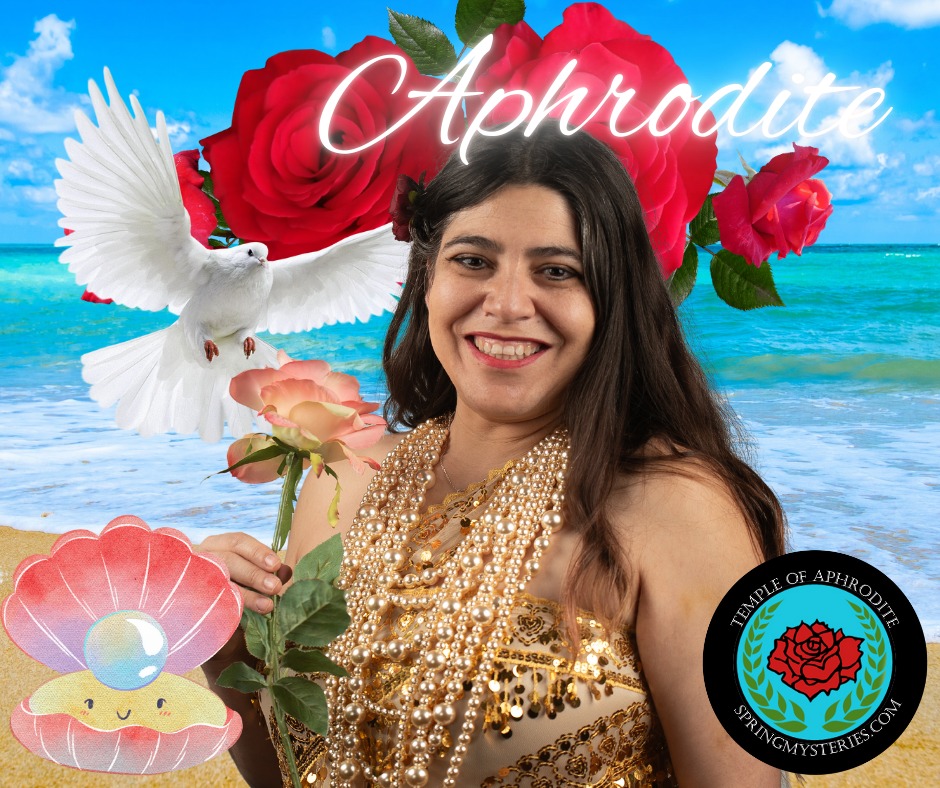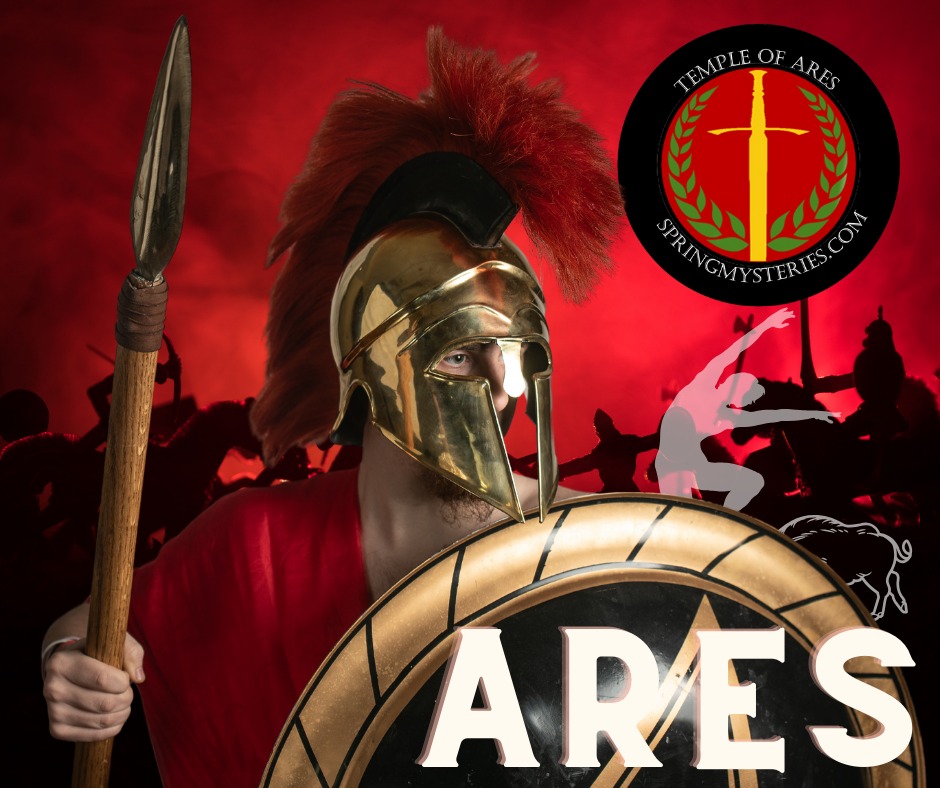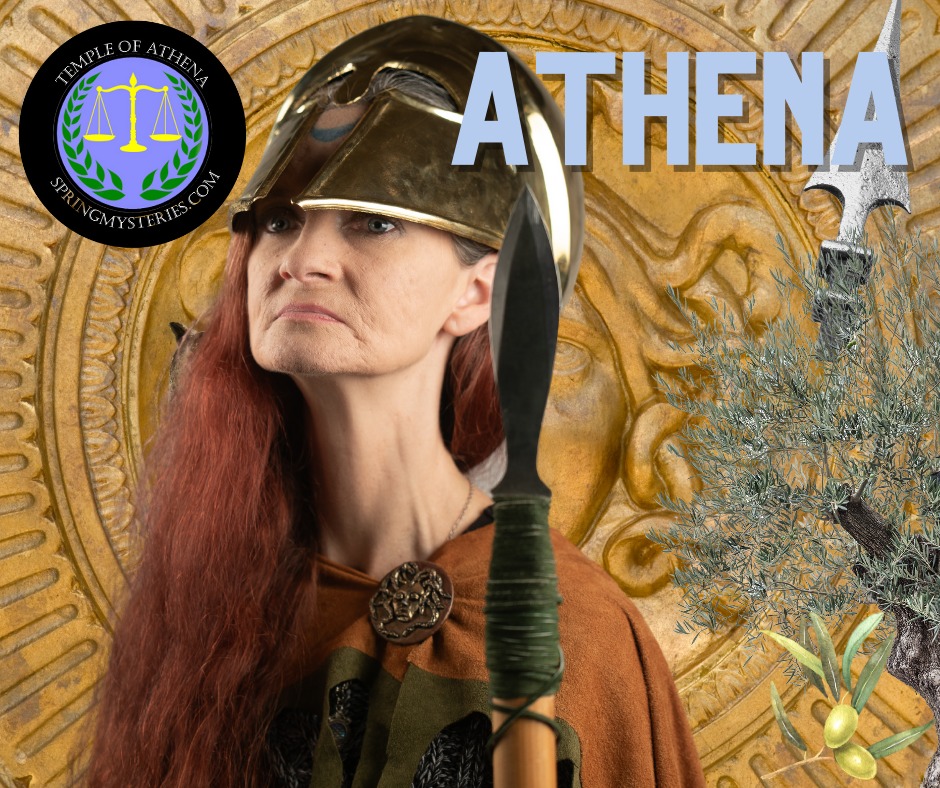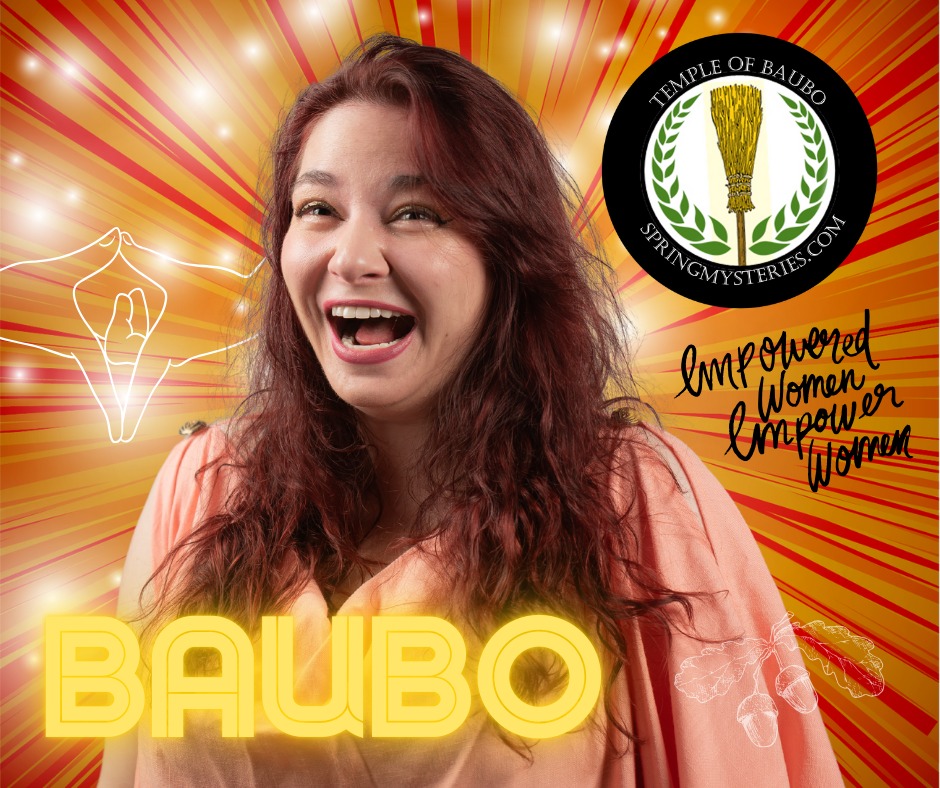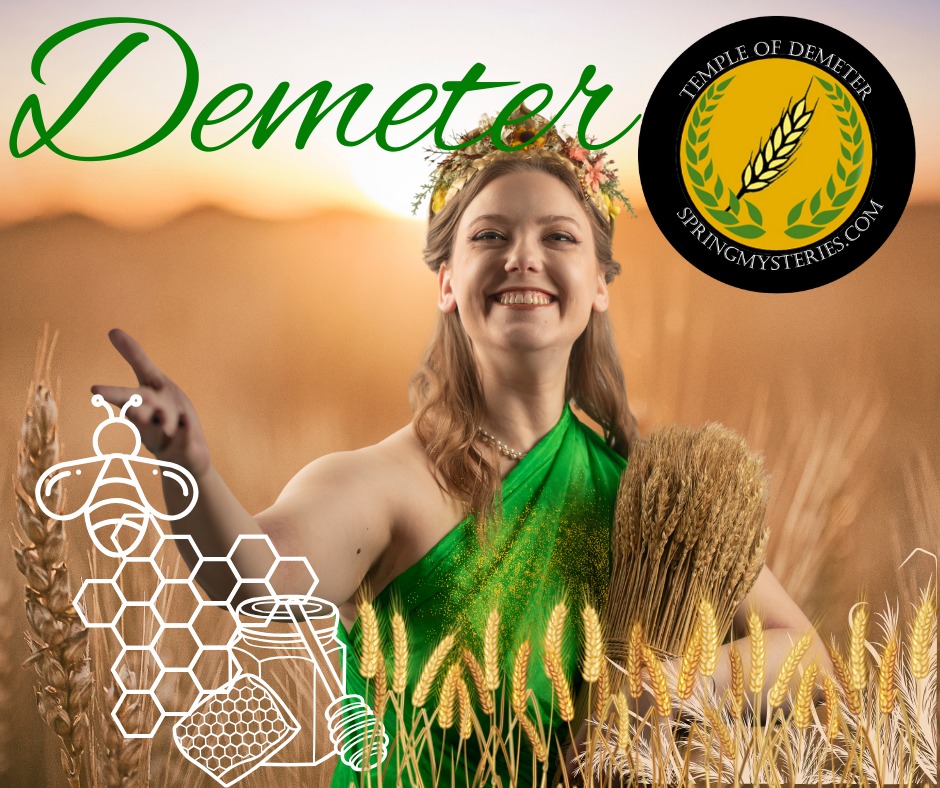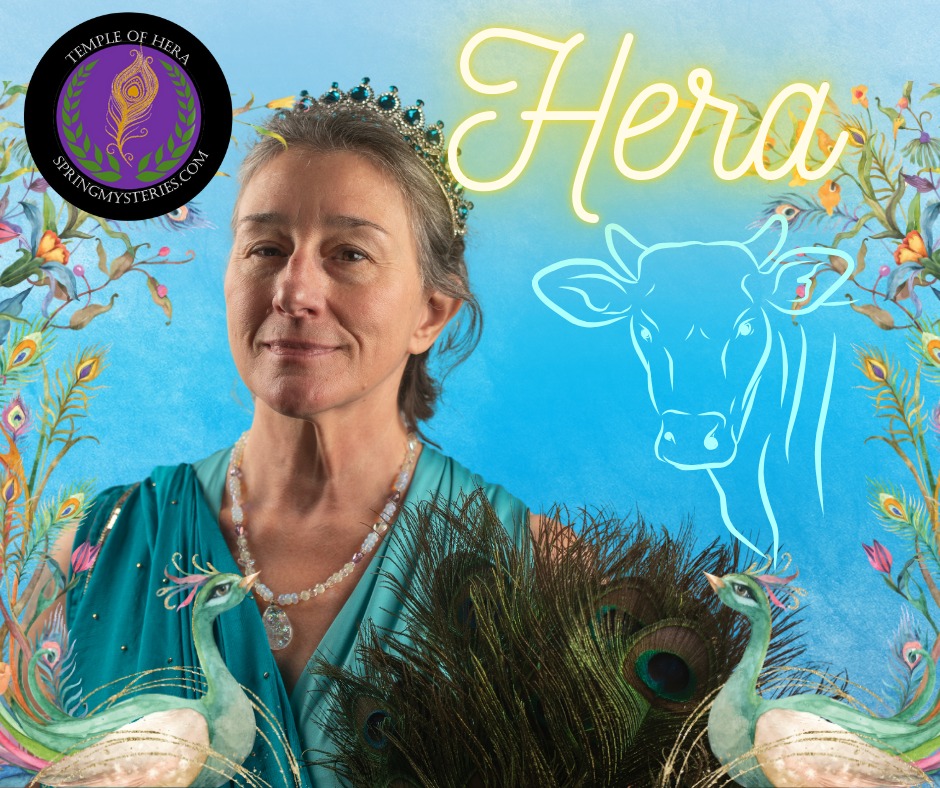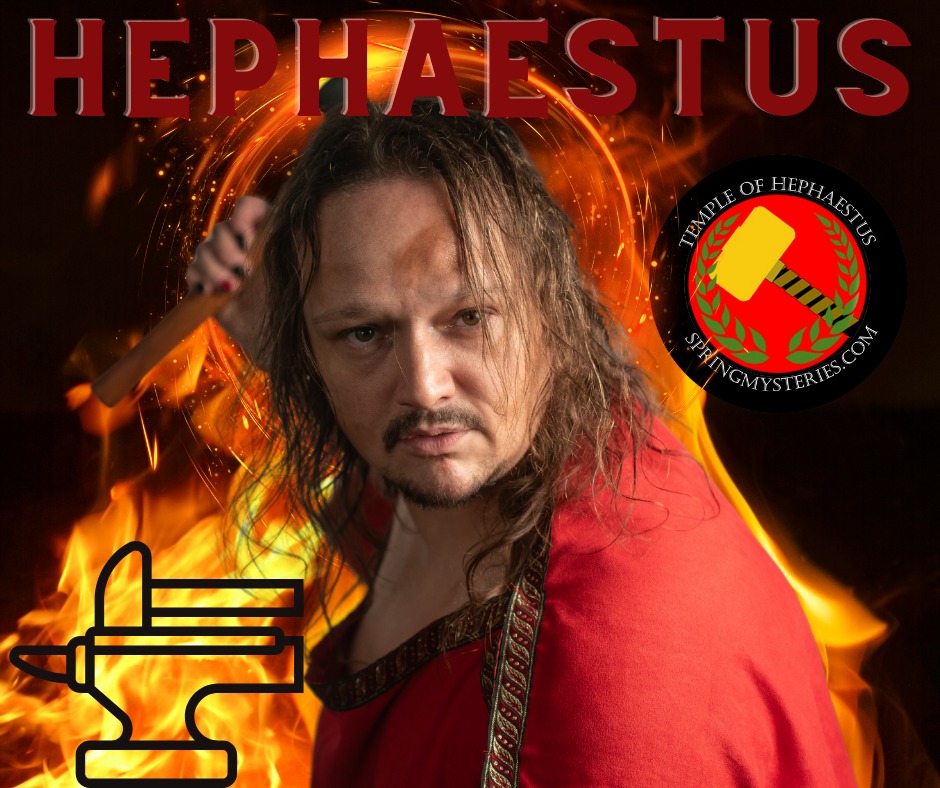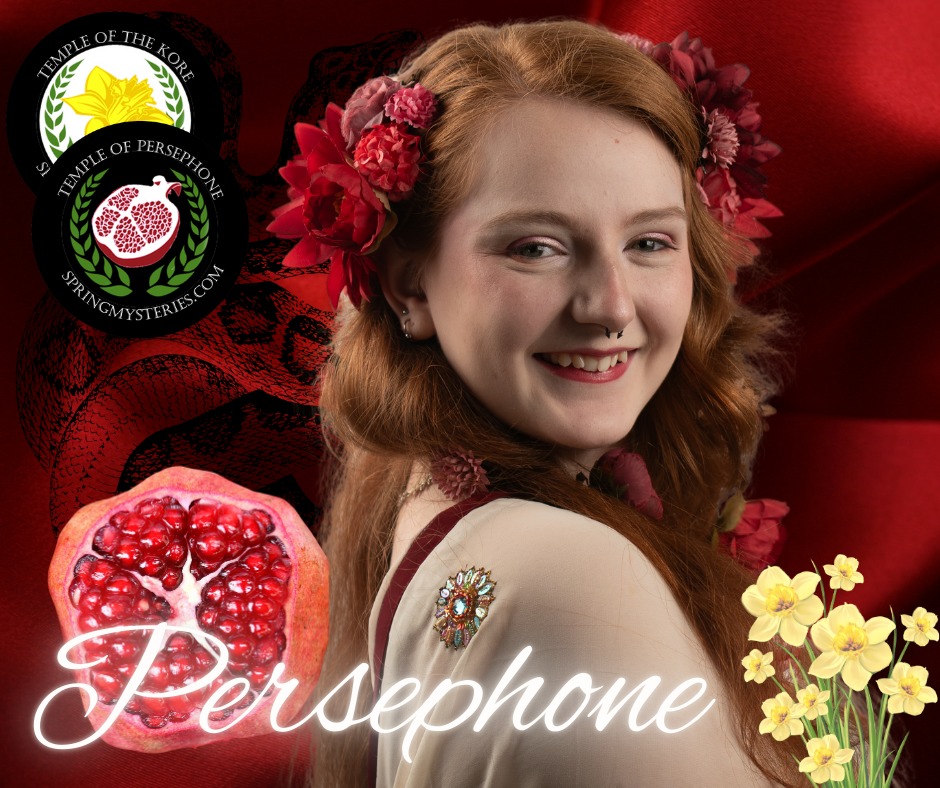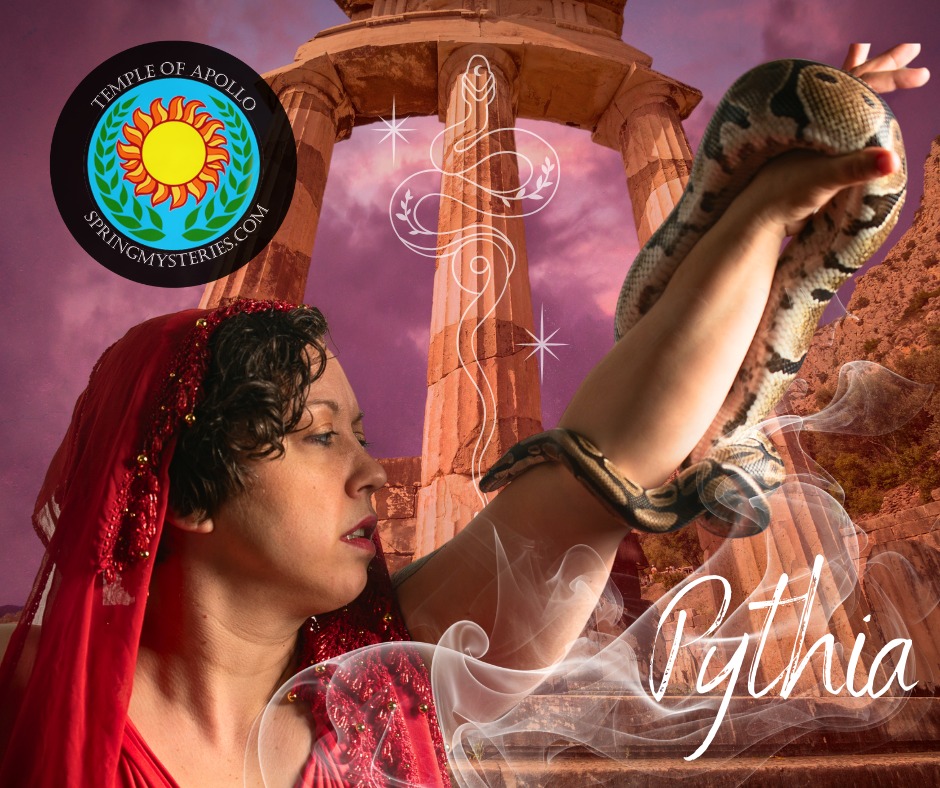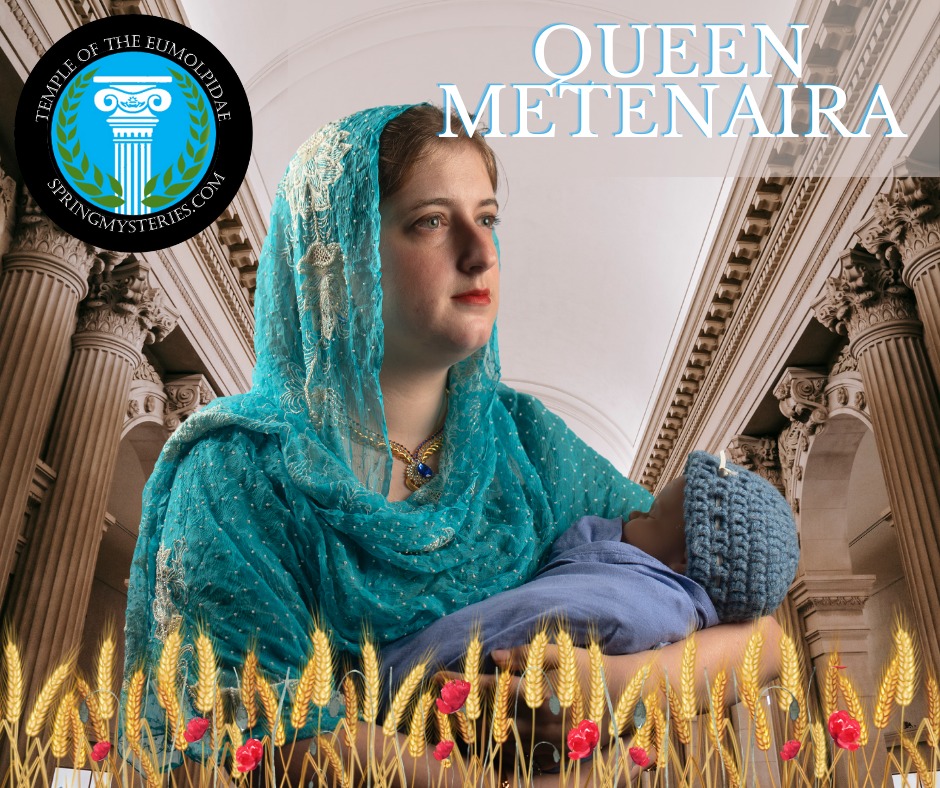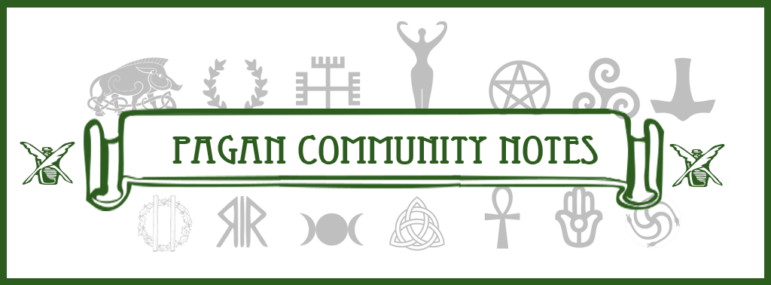
![]()
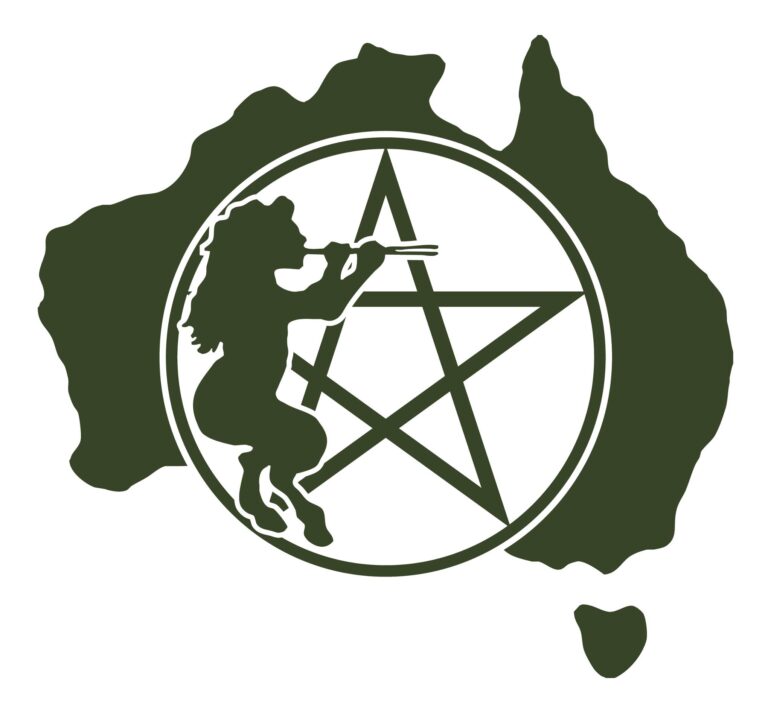 SYDNEY, Australia- The Pagan Awareness Network Australia Inc. (PAN Inc.) is a non-profit organization dedicated to supporting and advocating for the Pagan community in Australia. Founded in 1997, PAN Inc. works to promote religious tolerance, educate the public about Paganism, and protect the rights of Pagans across the country. Through its efforts, the organization strives to foster greater understanding and acceptance of Pagan traditions in Australian society.
SYDNEY, Australia- The Pagan Awareness Network Australia Inc. (PAN Inc.) is a non-profit organization dedicated to supporting and advocating for the Pagan community in Australia. Founded in 1997, PAN Inc. works to promote religious tolerance, educate the public about Paganism, and protect the rights of Pagans across the country. Through its efforts, the organization strives to foster greater understanding and acceptance of Pagan traditions in Australian society.
One of PAN Inc.’s primary goals is education and public awareness. The organization provides accurate information about Pagan traditions to the general public, media, and government bodies, dispelling misconceptions and addressing negative stereotypes. In addition, PAN Inc. actively defends religious rights, ensuring that Pagans receive fair treatment in legal, educational, and workplace settings. Their advocacy work helps safeguard the ability of Pagans to practice their spirituality without fear of discrimination.
PAN Inc. also serves as a community support network, connecting Pagans through social events, networking opportunities, and public gatherings such as Pagan Pride events and seasonal festivals. Their media engagement ensures that Paganism is represented accurately, countering misinformation. Furthermore, PAN Inc. offers a helpline and support services for individuals facing discrimination or misunderstanding due to their beliefs. The organization also monitors laws and policies that may impact Pagan religious practices, advocating for fair treatment in legal and political spheres.
Through these efforts, PAN Inc. plays a vital role in promoting the rights and visibility of Australian Pagans, fostering a more inclusive and accepting society for diverse spiritual traditions.
Earlier this month, The Wild Hunt started hearing rumors about PAN, Inc. losing their insurance to cover events and activities. The consequences of such a loss would have profound consequences across the nation.
PAN, Inc. has long provided insurance for many of the country’s major groups and events. However, after 20 years without ever making a claim, their insurance was revoked and the rumors suggested that religious discrimination was the reason.
The Wild Hunt with David Garland, PAN Inc’s president, who first noted to us that the organization had secured reinsurance through Lloyds of London yesterday and assured us that religious discrimination was not part of the previous insurer’s decision to drop their coverage. “It would be with Human Rights already,” he said referring to the Australian Human Rights Commission. He noted that there are still some issues that need to be addressed regarding some events, but that PAN, Inc was working on solutions.
The reason that PAN, Inc. was initially dropped, however, showed a side of the insurance market involving the interconnection of groups. It turns out that many non-profit religiously affiliated groups lost their coverage.
Garland explained that the massive claims from the Catholic Church led to the bankruptcy of a division within one of the insurance companies. Meanwhile, increasing tensions between Pakistan and Israel, along with the rise of antisemitism in Australia, have further complicated the insurance landscape. In response, the Australian government is now offering grants to religious groups to help cover security costs for their events.
Garland was optimistic about the future and PAN, Inc’s resilience. He notes insurance changes had happened before after the 9/11 terrorist attacks. Garland noted PAN, Inc managed it then and would do so again.
![]()
Lupercalia is coming up!
 The ancient Roman festival of Lupercalia, celebrated annually on February 15, was associated with fertility, purification, and the transition from winter to spring. Rooted in pastoral rites and Roman mythology, the festival honored Lupercus, a deity linked to fertility, as well as Romulus and Remus, the legendary founders of Rome. The Luperci, priests of the festival, would sacrifice a goat (symbolizing fertility) and a dog (symbolizing purification), smearing the blood on two young men before wiping it away with wool dipped in milk. In a dramatic conclusion, loincloth-clad participants would run through the streets, striking bystanders—especially women—with strips of goat hide (februa), believed to promote fertility and ease childbirth.
The ancient Roman festival of Lupercalia, celebrated annually on February 15, was associated with fertility, purification, and the transition from winter to spring. Rooted in pastoral rites and Roman mythology, the festival honored Lupercus, a deity linked to fertility, as well as Romulus and Remus, the legendary founders of Rome. The Luperci, priests of the festival, would sacrifice a goat (symbolizing fertility) and a dog (symbolizing purification), smearing the blood on two young men before wiping it away with wool dipped in milk. In a dramatic conclusion, loincloth-clad participants would run through the streets, striking bystanders—especially women—with strips of goat hide (februa), believed to promote fertility and ease childbirth.
By the late 5th century, Pope Gelasius I condemned Lupercalia as un-Christian, banning the festival and reportedly replacing it with St. Valentine’s Day on February 14. Scholars debate whether this transformation was direct. J.B. Oruch (1981) argues that the connection between Lupercalia and Valentine’s Day is largely a later literary invention, gaining traction only in the Middle Ages. However, Alice Crossley (2018) observes that Victorian-era commercialization further distanced Valentine’s Day from its possible Roman origins, though the connection remains a subject of speculation.
More recently, Yin (2023) explored the relationship between Lupercalia, the Roman Carnival, and Papal authority. The Roman Carnival, a major pre-Lenten festival, is often traced back to Lupercalia’s traditions of revelry, fertility rites, and the transition into spring. Roman writers such as Varro and Ovid described Lupercalia as a time of wine, excess, and expressions of sexual desire, themes that persisted in later festivals. Even after Pope Gelasius I’s denunciation, elements of Lupercalia, along with Saturnalia (December) and Brumalia (December), were adapted into Christian observances. As Christianity spread, Carnival evolved into a Christianized pre-Lenten festivity, with its name possibly deriving from the Latin carne vale (“farewell to meat”). By the 15th–16th centuries, the Roman Carnival had transformed into a lavish celebration, complete with street parades, masquerade balls, and theatrical performances, blending ancient traditions with European folk customs.
![]()
Honoring Pamela Coleman Smith

Pamela Coleman Smith [public domain]
Smith’s work on the deck was groundbreaking because she fully illustrated all 78 cards, including the Minor Arcana, which had traditionally only been depicted with simple symbols. Her vivid, detailed imagery made the tarot more accessible and intuitive for readers.
In addition to her tarot work, she was a prolific illustrator, contributing artwork to books by Bram Stoker and W.B. Yeats. She also published her own magazine, The Green Sheaf, which featured her artwork and the works of various writers and poets. Despite her immense contributions to the esoteric and artistic worlds, she struggled financially and did not receive widespread recognition during her lifetime.
In her later years, Smith moved to Cornwall, England, where she lived in relative obscurity until her death on September 18, 1951. Though she was largely forgotten at the time, her legacy has since been revived, and she is now celebrated for her revolutionary tarot illustrations. Many in the tarot and occult communities advocate for renaming the deck as the Smith-Waite Tarot to properly acknowledge her artistic contributions. Today, her deck remains one of the most influential and widely used in the world, solidifying her place in tarot history.
![]()
Call of Papers
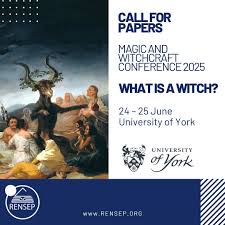 Magic and Witchcraft Conference 2025
Magic and Witchcraft Conference 2025
June 24 & 25, 2025, University of York
Theme: What is a Witch?
We are delighted to invite paper proposals for the CREMS (University of York) Magic and Witchcraft Conference 2025. This year’s theme is inspired by conversations begun at a conference on Witchcraft and Authority, held in Copenhagen in October 2024. Drawing together scholars from across Europe and North America, it quickly became clear that while understandings and the prosecution of witchcraft were indisputably bound up with questions of authority, what was meant by a ‘witch’ varied considerably between regions, and even between decades. The result is that, at times, we speak across each other in our research, drawing conclusions based on conflicting definitions and parameters of what we study.
We therefore propose to re-open the discussion on what we, as scholars, mean when we refer to witchcraft. In short: what is a witch?
Papers are invited that address this question, particularly those looking at the period from Antiquity to 1850. Suggested sub-themes include, but are not limited to:
- Legal definitions of witchcraft: intra- and international comparisons particularly welcome
- Folk conceptions of witchcraft: What constituted the crime of witchcraft in popular perception, and who were perceived as its practitioners?
- Maleficium: is real-world harm a necessary component of the definition of a witch?
- Magic beyond the Christian paradigm: is the term ‘witch’ meaningful outside Christian cultures?
- The feminist lens: Does the identification of historical witchcraft as “gender-based persecution” remain applicable to the definition of the historical witch?
- Literary/cultural portrayals of the witch
Abstracts of 200-300 words should be sent to magicwitchcraft2024@gmail.com by the 14th of March 2025. Please include your name, institutional affiliation (if any), and your intention to attend in person or online.
Keynote speakers
- Julian Goodare (University of Edinburgh) – What is a Witch in Scottish Literature?
- Rita Voltmer (University of Trier) – Beyond the Village Witch: The many faces of the witch in European witch trials
- Ceri Holbrooke (University of Hertfordshire) – Unstoppering the Witch Bottle
Organisers - Debora Moretti (University of Hertfordshire) and Tabitha Stanmore (University of Exeter)
![]()
The Perilous Passage: Creating Culture and Connection in Treacherous Times
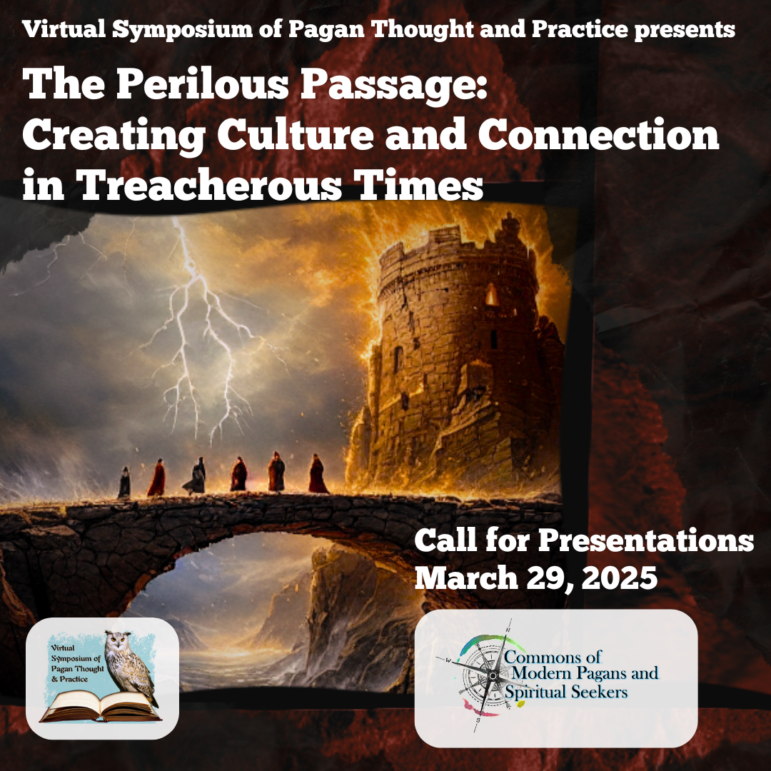
Recent events have ushered us into a time when it is increasingly unsafe to be different. Whether the difference is rooted in religion, sexual orientation, gender identity, nationality, or race, individuals and communities face growing threats to their safety, identity, and very existence.
The Virtual Symposium of Pagan Thought and Practice welcomes work from diverse perspectives, disciplines, and mediums, including academic papers, essays, creative works, case studies, and community-driven narratives. Submissions may address theoretical, practical, historical, or future-oriented approaches to the themes of resilience, solidarity, safety, and co-creation in the face of adversity.
Submissions are invited to explore the following critical questions:
- How do we continue to create positive connections and nurture Contemporary Pagan culture in a time that seeks to erase difference?
- How do we endure, support one another, and keep ourselves and our communities safe?
- When everything seems to be falling apart, how do we co-create and sustain what comes next?
- What do we need to survive and thrive in these times?
- What does it mean for something to be “enough” in the face of systemic challenges?
Submission Details:
- Deadline: March 1, 2025
- Virtual Conference Date: March 29, 2025, 10:00 to 3:00 PST
- Format: Proposals of not more than 200 words, accompanied by a bio of 100 words or less and a picture for the website
- Where to Submit: compasspagansandseekers@gmail.com
- Contact Information: compasspagansandseekers@gmail.com
Together, let us imagine and articulate ways to sustain difference, foster safety, and build resilient cultures in times of uncertainty and transformation. We look forward to your contributions. Please feel free to forward this email to anyone you think might be interested in presenting and entering into dialogue upon this topic!
![]()
Events and Happenings
Marshall University’s Humanities Department (Classics, Philosophy, and Religious Studies) is hosting a conference in celebration of 150 years of Classics at the university entitled Goddess at the Crossing Place March 6th- 8th, 2025 in Huntington, WV.
Pagan priestess and Witch Caroline Tully will be presenting a discussion titled Unsubstantiated Personal Gnosis and Hekate.”
Other discussions include: “A Girl’s Transition Through the Various Rituals of Artemis in the Ancient Greek World”, “Crossing the Goddess: the Cosmic Power of Female Anger”, “The Goddess as the Crossing Place: Styx, the Dread River of Oath”, “The Hindu Goddess Comes to America”, as well as a virtual Q&A session with NYT bestselling author Madelline Miller (Circe, Song of Achilles).
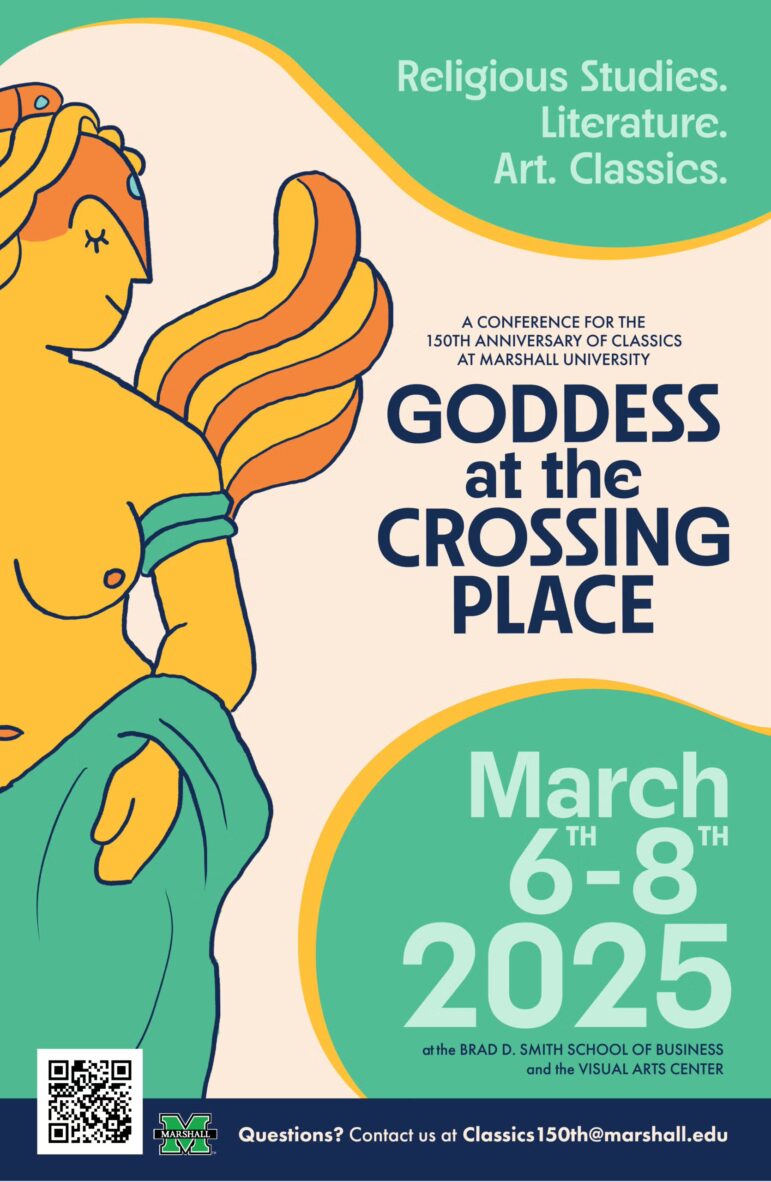
More information is available at Marshal Univerity’s Department of Humanities.
![]()
Restored Rites of Eleusis to Return for 39th Year at Spring Mysteries Festival
There’s a new Pagan even in town! Well, actually in Portland, Oregon…
Spirit Northwest is the West Coast Pagan conference in Portland, May 1 – 4 2025.
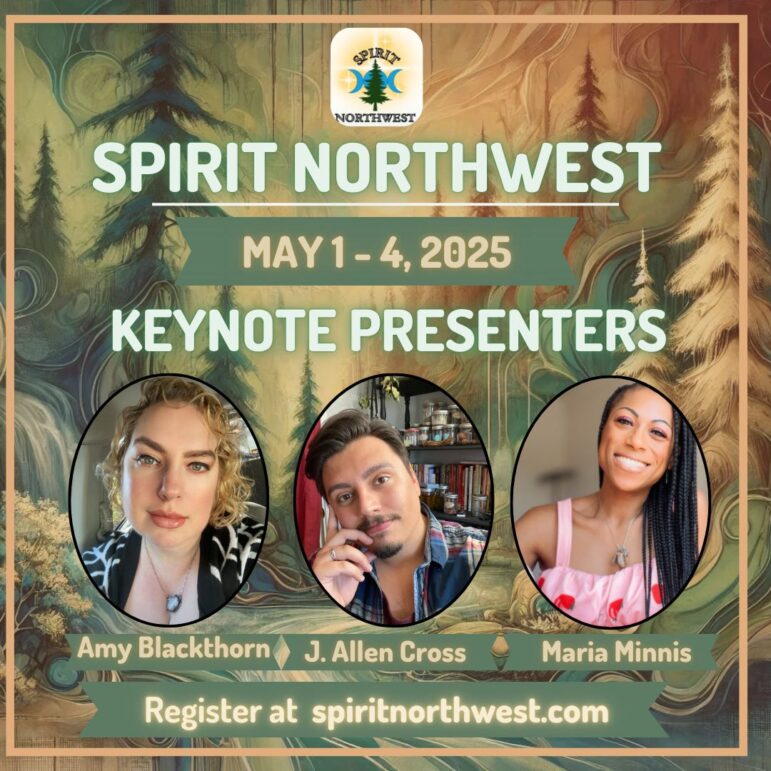
Spirit Northwest is a transformative and new format gathering for seekers, offering 90 and 120-minute immersive workshops on Paganism, witchcraft, and natural magick.
We heard from many in the occult community that people longed for in-depth workshops and rituals, hands-on learning, and make-and-takes with well-known speakers, ritualists, and practitioners.
Amy Blackthorn is the award-winning author of the best-selling Blackthorn’s Botanicals series.
J. Allen Cross is an accomplished author and folk magician known for his book American Brujeria: Modern Mexican American Folk Magic and The Witch’s Guide to the Paranormal.
Maria Minnis is a tarot reader of 20+ years who teaches people about blending their spirituality with magic, liberation work, and eroticism in their everyday lives.
We took action and are bringing it to you all in one weekend!
🧙 Opportunities to raise your visibility:
Be a Speaker: Share your wisdom! Applications are closing soon—don’t miss your chance to lead.
Become a Sponsor: Elevate your brand to a highly engaged, diverse audience hungry for magickal tools, insights, and connections. Five sponsorship levels offer options with vendor spaces to hotel suites.
📅 Mark Your Calendar:
- Vendor Applications Open: January 15, 2025.
Schedule Launch: Coming soon via Sched.
Hotel Reservations: Available now.
Saturday Night Entertainment: Stay tuned for the big reveal!
We are excited to learn and meet you all one-on-one in-person conference for Witches and Magickally-Minded people.
🔮 Let’s make magick together in Portland May 1 – 4th.
Your Hosts: Courtney Weber, Kanani Soleil, Hilary Whitmore, and Silent.
More information is available on the Spirt Northwest website
Tarot of the Week by Star Bustamonte
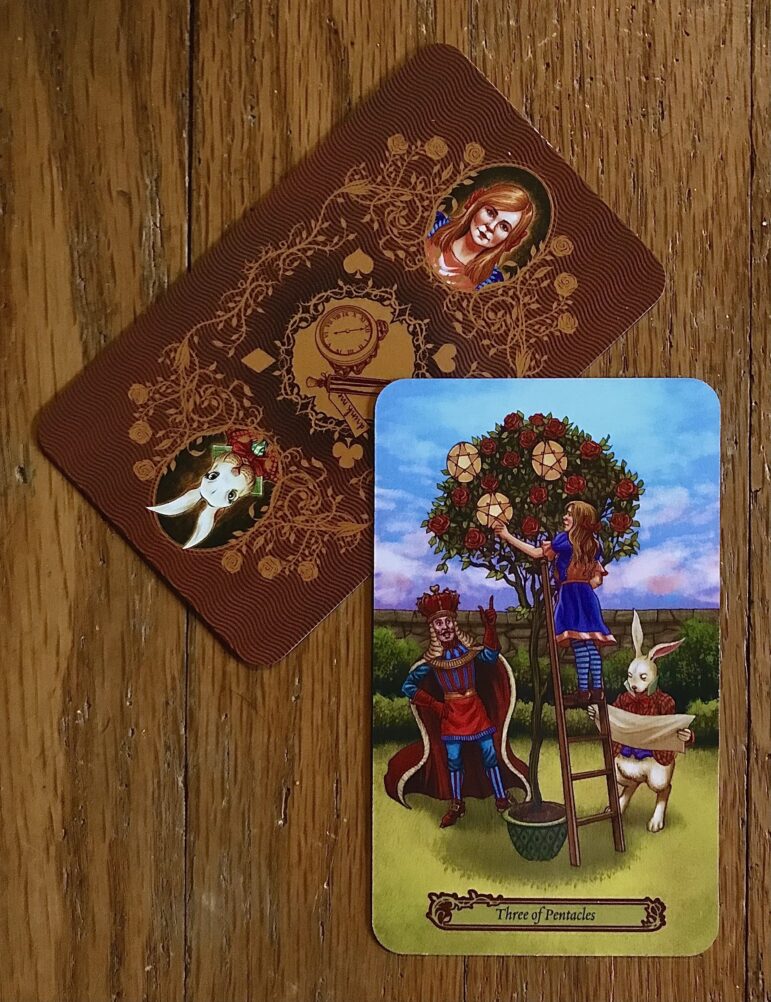 Deck: Wonderland Tarot, by Barbara Moore, illustrated by Eugene Smith, published by Llewellyn Publications.
Deck: Wonderland Tarot, by Barbara Moore, illustrated by Eugene Smith, published by Llewellyn Publications.
Card: Three (3) of Pentacles
The next seven days indicate a focus on the delicate balance of the keys to creation, “Inspiration, intuition, and drive bring beauty and that ‘certain something’ that makes anything special.” The energy of dreams made flesh, and bringing into being a collective vision is likely to be quite strong. Equally prominent is the need for solid and realistic planning. Dreams & visions are all well and good, but they still require elbow grease and a serious roadmap to be successful.
Conversely, many ideas have great potential but few become reality without a dedicated team working together in tandem. Recognizing the contributions of others and giving credit where it is due is part and parcel of creating something valuable and lasting. The need to be flexible and the ability to adjust how plans are implemented is also indicated.
![]()
But wait! There’s more!
Pietas – Comunità Gentile – the Italian Religio Romana organization announced a visit to one of their newly constructed temples. Pietas is a reconstruction of the ancient priestly and religious rites of Religio Romana and recently received formal recognition from the Italian state. The Temple to Ceres is not a restoration of an existing structure or the use of an ancient site, but a brand new building built in her honor near Enna, Sicily.
The video is narrated in Italian by Pietas’ leader and Pontifex Maximus, Giuseppe Barbera Hermes Helios.
![]()
The Wild Hunt is not responsible for links to external content.
To join a conversation on this post:
Visit our The Wild Hunt subreddit! Point your favorite browser to https://www.reddit.com/r/The_Wild_Hunt_News/, then click “JOIN”. Make sure to click the bell, too, to be notified of new articles posted to our subreddit.

